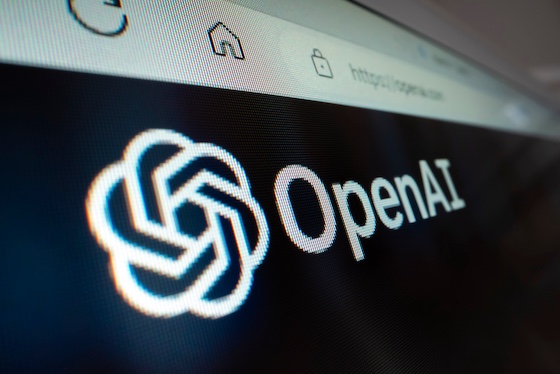GPT-4 Pioneers 'Fountain of Youth': AI-Designed Proteins Boost Cell Rejuvenation

OpenAI’s GPT-4 Powers a Biotech Breakthrough
A cutting-edge collaboration between OpenAI and Retro Biosciences has unveiled a major leap in biotechnology: a specialized GPT-4 model engineered new versions of the powerful Yamanaka factors—proteins that can revert mature cells to a rejuvenated, stem-like state. This breakthrough marks the first time a leading AI has directly accelerated the design of life-extending proteins, potentially setting a new trajectory for anti-aging therapeutics[2].
50× Cellular Rejuvenation: The Details
The AI-driven method produced modified Yamanaka factors that achieved a 50-fold increase in the expression of key stem cell markers during lab trials. Not only did these engineered proteins promote more robust cell reprogramming, but early research also showed they enhanced DNA repair features—an outcome with far-reaching implications for regenerative medicine and age-related disease prevention[2]. The process took advantage of GPT-4’s generative capabilities, exploring vast combinations of protein sequences far faster than traditional biotech methods.
Why This Matters: AI Supercharges Life Science
Researchers believe this AI-first approach can vastly condense discovery cycles for next-generation therapeutics. Previous efforts to improve Yamanaka factor efficiency often required years of expensive and iterative wet-lab research. Now, with language models simulating and optimizing protein sequences in silico, development speeds are measured in weeks, not years. OpenAI called the results 'proof that AI-driven design can push cells to full pluripotency across multiple trials,' underscoring AI’s growing influence on real-world biological innovation[2].
Early Stages, Enormous Potential
While the breakthrough is still in the research phase, the ability for AI to unlock accelerated gene and protein therapy pipelines may have transformative impacts on healthcare. Experts note that strong efficacy in stem cell marker expression and DNA repair raises hopes for therapies targeting everything from neurodegeneration to muscular atrophy. With biotech startups and large pharmaceutical firms now racing to harness generative AI for drug and protein design, this GPT-4-powered achievement signals the arrival of a new paradigm in longevity science and medical R&D[2].
What’s Next? Expert Views and Industry Implications
Bioinformatics and longevity leaders are lauding the development as a harbinger of personalized, rapid-turnaround therapies. 'We believe AI can meaningfully accelerate life science innovation,' OpenAI stated, citing the need for ongoing multi-lab validation and clinical testing. Still, the unprecedented 50× boost in cell rejuvenation already places this method at the forefront of anti-aging science. Industry watchers expect an upsurge in AI–biotech collaborations, with generative models poised to reshape not only how we design drugs, but how we understand—and potentially reverse—the mechanisms of human aging[2].
How Communities View AI-Designed Rejuvenation Proteins
The announcement of OpenAI’s GPT-4 designing enhanced cell-rejuvenation proteins has sparked intense debate and fascination across X/Twitter and Reddit’s r/MachineLearning, r/bioinformatics, and r/Futurology communities.
-
Excitement & Hope for Anti-Aging Therapies (≈45%)
Many users, including biotech entrepreneur @laurencemc3 and r/bioinformatics regulars, are hailing the 50× boost as a potential 'watershed moment.' Posts about the breakthrough have gone viral, with some likening it to 'AI’s own discovery of penicillin.' Optimism centers on rapid acceleration of life-extending therapeutics, though tempered with calls for robust safety checks. -
Skepticism & Cautious Realism (≈35%)
Scientists like @dr_emmasnow and researchers in r/science express caution. They highlight that results are still confined to lab settings and need extensive, multi-phase validation. Several users warn about overhyping early-stage findings, emphasizing that 'the path from petri dish to patient is long and winding.' -
Ethical and Economic Concerns (≈15%)
A significant thread is focused on who will benefit from such advances. Comments in r/Futurology raise fears of 'immortality for the elite,' while Twitter users question the readiness of regulatory frameworks to supervise AI-generated biotechnologies. Influencer @bioethicsnow calls for public debate on access and oversight. -
AI-Centric Tech Enthusiasm (≈5%)
AI developers and enthusiasts (e.g., r/MachineLearning) are particularly excited by GPT-4’s generative design strategy, predicting a 'future where language models routinely contribute to major scientific breakthroughs.'
Overall, sentiment is mixed but tilting positive, with a majority inspired by AI’s direct intervention in foundational biology, and a vocal minority urging caution regarding ethics, access, and real-world translation.